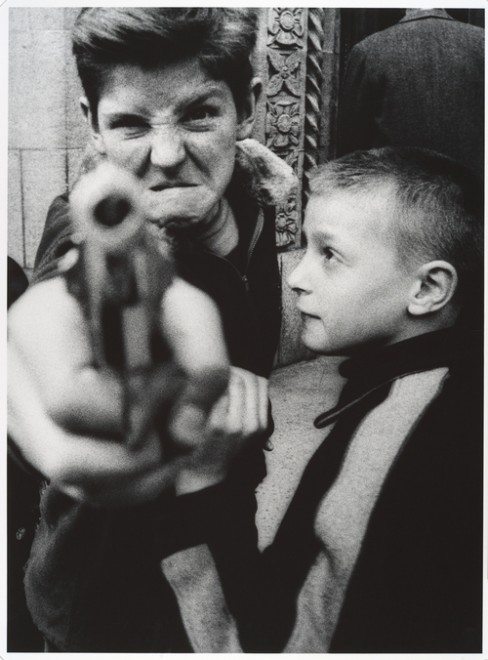After the discussion, I felt a lot more focused on what I need to achieve & what would work best for me. I realized that maybe it would be better to do lots of pilots of all the ideas I have, so that I can have a better understanding of them and then I can reflect on them and decide whether I want to pursue on a bigger scale. Then if I don't create them on a bigger scale, I at least have something to show for myself.
I also have some questions about See You Soon which me and Kathleen discussed, and i'm sure these will be further discussed through Kathleen, Rosie and my group. I need to really focus on what it is I am doing within the group, and just make sure that I am being directed properly because otherwise I feel more stressed and that's never good!
I wrote a lot of reflective notes during the discussion, I feel that it's good to write down what I feel when I feel it, because it's harder for me to think of my approach afterwards quite a lot. I also think it helps me feel more focused. Also in these notes are reflections on projects we were shown. A couple of them gave me little ideas for projects or concepts I like so wrote them down.
Here are these notes (once again they are broken down because I usually work in short sentences.) -
See You Soon -
Need to focus more on emotion of the film.
Rehearse before the film, like a play?
Running Machine?
House needs to be thought of element by element.
Personal -
Multi-screen could show my post production skills. Possibly do small versions of all my ideas so that I can focus on it more.
So - Indecisiveness - me & just me with visuals.
Nature - do the dawn light one morning.
& Depersonalisation.
Try to do each week/a small amount of time like the everyday vids because I sit on projects & doubt myself. If I make them & they don't feel right to do bigger, I would at least have the smaller projects done. So basically, create & don't sit on it.
Also start with photography & decide if it's worth it.
if I am creating, it also gives me time to think about what I want.
Could also do the soundscapes too.
Have done by Dec/Christmas.
Instead of worrying about what I come out with, just create & then evaluate what works for me. Not just uni for my portfolio, can make anything while I can.
So could even re-create stuff I did in the past if it would help.
Starlings could really be pushed to be more beautiful - sound, long shots.
Think of more aspects of me for film and photos. Reflect on my life? My interests? My morals?
Learning Agreement - Analysing how I will achieve my goals.
If doing my own little projects, find out how much paperwork I will need - risk assessment etc.
If doing small projects, do need research but will be developing alongside the practical so that I can sculpt a well rounded project.
What does my work mean to other people?
Could think of stylistic stories - Record Player, I love eras, memory of objects.
A room with sounds to show memories?
So instead of a montage, have a flowing story, like the competition. Inspired by the work in the V&A (need the name of it)
Grandma? Or someone to that degree.
Could consider music video or doing a piece to music I have composed.
Still would loveto do something era based, but simple because of the time I have & being on my own (could ask for help if anyone available) - Pride etc.
If historically based, it would be interesting to study.
Would give more relevence to the audience, but depends on what it is and how simple it would be.
Documentary can mean based on true events.
For See You Soon it would be good to be in contact with Jacob. But also do individual tests such as lighting - natural, how women's features look, inside etc.
This means I would have things to show & add to my own body of work.
Film on Autism, interviews with dodgy visuals. But good concepts. Works well as it is an interesting subject so just needed better visuals which I would focus on. (this is in reflection to my ideas based on interviews or conversations)























































